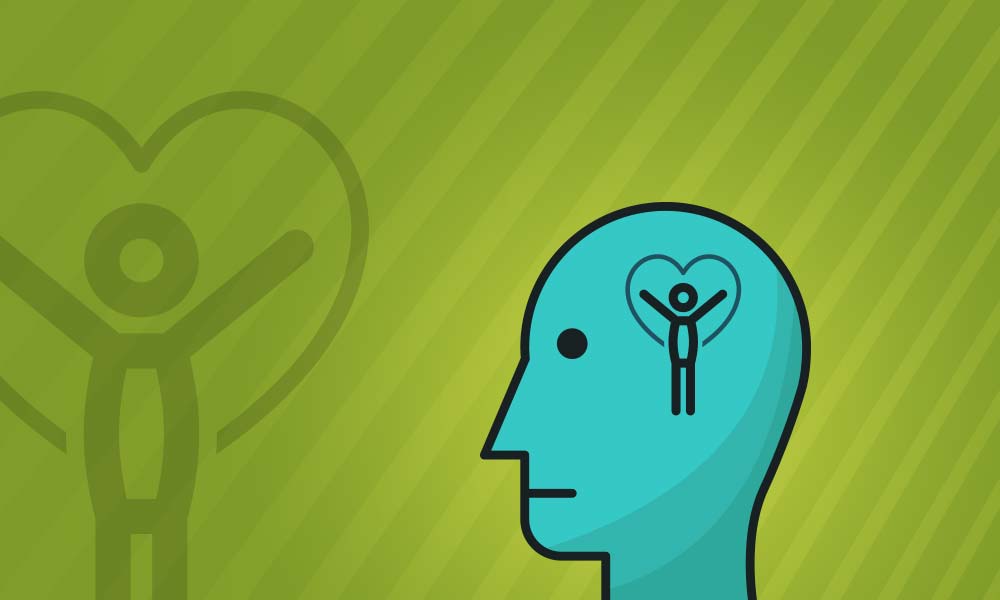Eating Disorder Therapy

Eating Disorder Therapy
At Betts Psychiatric, PC, we provide eating disorder therapy with an individualized approach, customized for each patient. We understand that eating disorders can be difficult to talk about, but if left untreated, they can be fatal. Our goal is to help patients reach full recovery and develop a healthy self-image, which in turn, improves their overall well-being and lifestyle.
What are Eating Disorders?
Eating disorders are illnesses that affect a person’s eating behaviors. The symptoms vary depending on the type of disorder, but they almost always cause a problem with food consumption. Eating disorders can develop due to a variety of factors, including:
- trauma
- unrealistic body expectations from family members
- unhealthy coping habits
- distorted perception of how people should look vs. what a normal, healthy person looks like (usually influenced by media or society)
Common types of eating disorders are:
- Anorexia Nervosa (distorted body image and under-eating)
- Bulimia Nervosa (over-eating episodes followed by unhealthy habits, such as forced vomiting)
- Binge-Eating Disorder (over-eating with little control to stop)
- Eating Disorders Not Otherwise Specified
Eating disorders affect both men and women, but are particularly common among young women. Many people develop these illnesses in their adolescent years and struggle with them in silence. It’s important to identify these behaviors early on, because they can have long-term effects on the patient’s physical and mental health. In some cases, eating disorders can lead to death due to malnutrition or suicide.
Eating Disorder Symptoms
Some symptoms or signs of eating disorders include:
- obsession with food or body weight
- extremely restricted eating or severe over-eating
- rapid weight loss or weight gain
- fatigue
- low self esteem or distorted self body image
- worn tooth enamel (common with bulimia)
- low blood pressure
- gastrointestinal problems
- depression
- suicidal thoughts
Eating disorders can be emotionally, financially, and physically devastating, and can cause significant strife in families. This is because eating disorders have to do with much more than the number on the scale; these disorders affect how patients perceive themselves in the world and in their relationships. There are underlying difficulties or issues which lead to the individual wanting to control their eating or caloric intake. In order to reach recovery, the issues beyond the eating disorder(s) need to be addressed.
How We Can Help
When looking at someone with an eating disorder, we try to take a whole-person, multi-disciplinary approach. We collaborate with the patient’s Primary Care Physician, other counselors, and family for a full assessment. We look at their functionality, their physical health, mental health, relationships, and any underlying comorbid mental health conditions such as anxiety, depression, or PTSD. We also search for any family or situational issues that may be contributing to the eating disorder itself.
Once we determine which eating disorder the patient is dealing with, and the factors that are contributing to the issue, we are able to explore treatment methods. We can also provide referrals for intensive outpatient, partial hospitalization, or residential treatment depending on the severity and circumstances.
William Betts has acquired significant knowledge and skills in eating disorder therapy through his local work as a psychiatric prescriber at the Monte Nido’s Eating Disorder Center of Eugene.
People can reach and maintain recovery from eating disorders for the rest of their life if they engage in and understand where their disorder is coming from. Contact us today to schedule your appointment.
Hours
Monday - Thursday, 8:00am - 5:00pm
Friday - Sunday, CLOSED
Office closed on all federal holidays.
